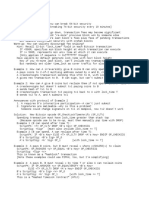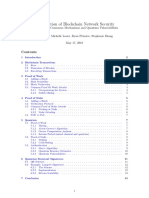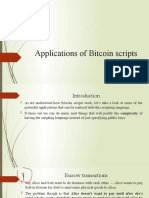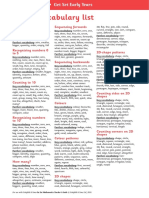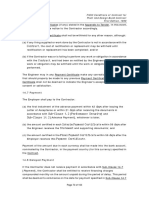0% found this document useful (0 votes)
32 views51 pagesLecture 3
The document discusses Bitcoin scripts and wallets, detailing the structure of transactions, types of transactions such as P2PKH and P2SH, and the importance of managing secret keys. It explains how wallets function, including hardware wallets and the concept of Simplified Payment Verification (SPV). Additionally, it addresses the security implications of managing crypto assets, particularly in relation to hot and cold storage strategies used by exchanges.
Uploaded by
Zulqurnan AnjumCopyright
© © All Rights Reserved
We take content rights seriously. If you suspect this is your content, claim it here.
Available Formats
Download as DOCX, PDF, TXT or read online on Scribd
0% found this document useful (0 votes)
32 views51 pagesLecture 3
The document discusses Bitcoin scripts and wallets, detailing the structure of transactions, types of transactions such as P2PKH and P2SH, and the importance of managing secret keys. It explains how wallets function, including hardware wallets and the concept of Simplified Payment Verification (SPV). Additionally, it addresses the security implications of managing crypto assets, particularly in relation to hot and cold storage strategies used by exchanges.
Uploaded by
Zulqurnan AnjumCopyright
© © All Rights Reserved
We take content rights seriously. If you suspect this is your content, claim it here.
Available Formats
Download as DOCX, PDF, TXT or read online on Scribd
/ 51






